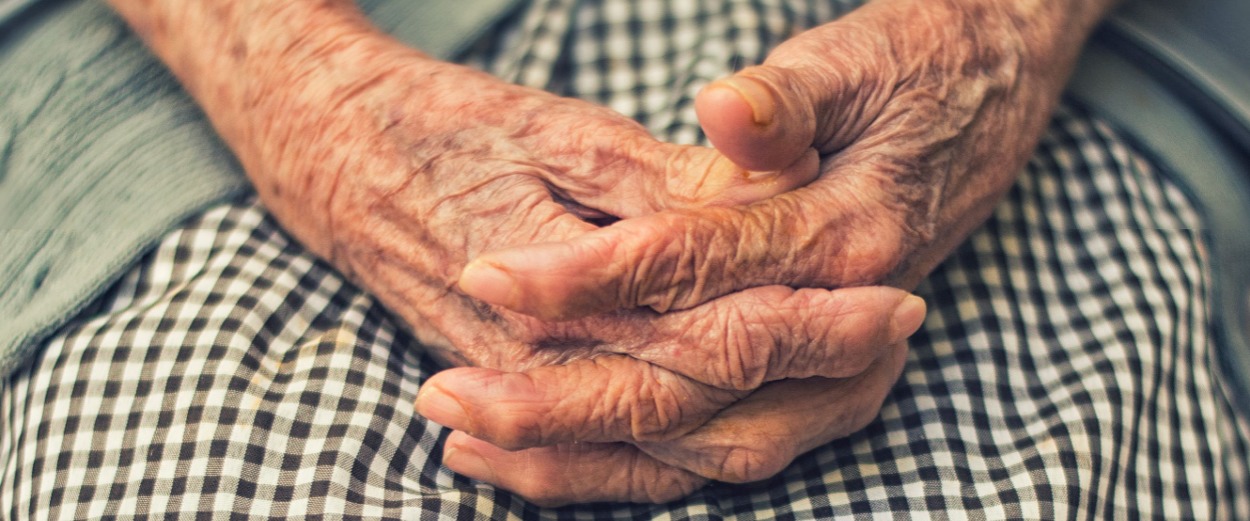Women living with breast cancer are not just cancer patients; they’re moms, spouses, sisters, friends, and daughters. The many roles and responsibilities a woman assumes to support those around her don’t disappear when she is diagnosed with cancer. One of these responsibilities may be caring for aging parents or family members. This burden may seem heavy at times but there are places you can turn to for support. Check out the following resources.
Financial Assistance
The federal, provincial, and territorial governments offer caregivers tax credits, subsidies for assistive devices, and assistance with the cost of making the home more accessible, among other services. The government also offers caregiver leave from work benefits, but you may not be eligible if you’ve recently utilized the E.I. Sickness Benefits. Find out more about these possible avenues for support using our FinancialNavigator tool.
The Canadian Association of Retired Persons (CARP) also has guides to supports and financial assistance for caregivers. CARP has developed guides tailored to each province and the territories. Download your guide here.
Home Care
Each province and territory has a publicly funded home care program. Services can include nursing, physiotherapy, and help with the activities of daily living (such as bathing, dressing, nutrition, toileting, and mobilization), as well as palliative care and more. Costs and the availability of services can vary by location. For more information, click on your province or territory: British Columbia, Alberta, Saskatchewan, Manitoba, Ontario, Quebec, New Brunswick, Nova Scotia, Prince Edward Island, Newfoundland, Yukon, Northwest Territories, Nunavut
Private home care is also available for those able to afford the additional costs. For more information on both private and public home care programs, read this helpful article on accessing home care.
Meals on Wheels
If you are unable to cook, or are simply short on time, Meals on Wheels can deliver to your door. Choose from a hot meal delivered daily or frozen meals that can be microwaved, delivered weekly. This service supports seniors and people who are undergoing medical treatment, are chronically ill, are recovering from surgery or an illness, or have a disability. There are fees associated with Meals on Wheel that vary by region. You can find a Meals on Wheels program in your community by reaching out to your local seniors association.
Adult Day Programs
These programs offer respite to caregivers and a few days of the week for adults who are living with a physical or cognitive impairment or a chronic illness. Activities vary by program but generally, they include social and recreational activities, exercise, snacks or meals, assistance with medication, and health monitoring. Fees are often nominal but can vary by program. These programs can be offered through your province, city, local seniors associations, or retirement homes. Unfortunately, there is no one database on the web that lists all available programs, but a quick Google search can easily get you started.
A Place for Mom
Do you need someone else to take over your caregiving duties for a short time? Respite care offers short term living arrangements (up to 90 days) for your loved ones allowing you to focus your attention on your treatment. A Place for Mom can help you find and compare respite care communities in your area including cost comparisons and availability of services. Once you submit your information, an advisor will automatically give you a call to further discuss your options. You can also call a respite care advisor directly at 888-440-8970.
Self-Care for Caregivers Guide
This publication of the Public Health Agency of Canada gives tips to caregivers on how to care for themselves while caring for someone else. Access it here.
Balancing Work and Caregiving Responsibilities
This publication from Employment and Social Development Canada gives tips on how to talk to your employer about your caregiving responsibilities. Access it here.
Researching and accessing these various programs can be challenging because many programs vary by town or city. It’s hard to find the right resources when you’re juggling your health and that of your family member. You may not realize but the greatest source of support are the social workers at your cancer centre. They can help you not just with issues directly relating to your cancer but with all aspects of your life including the people you care for. Reach out to your social worker and ask for help finding the right supports for your loved ones so you can focus more on your treatment.
Photo by Cristian Newman on Unsplash







